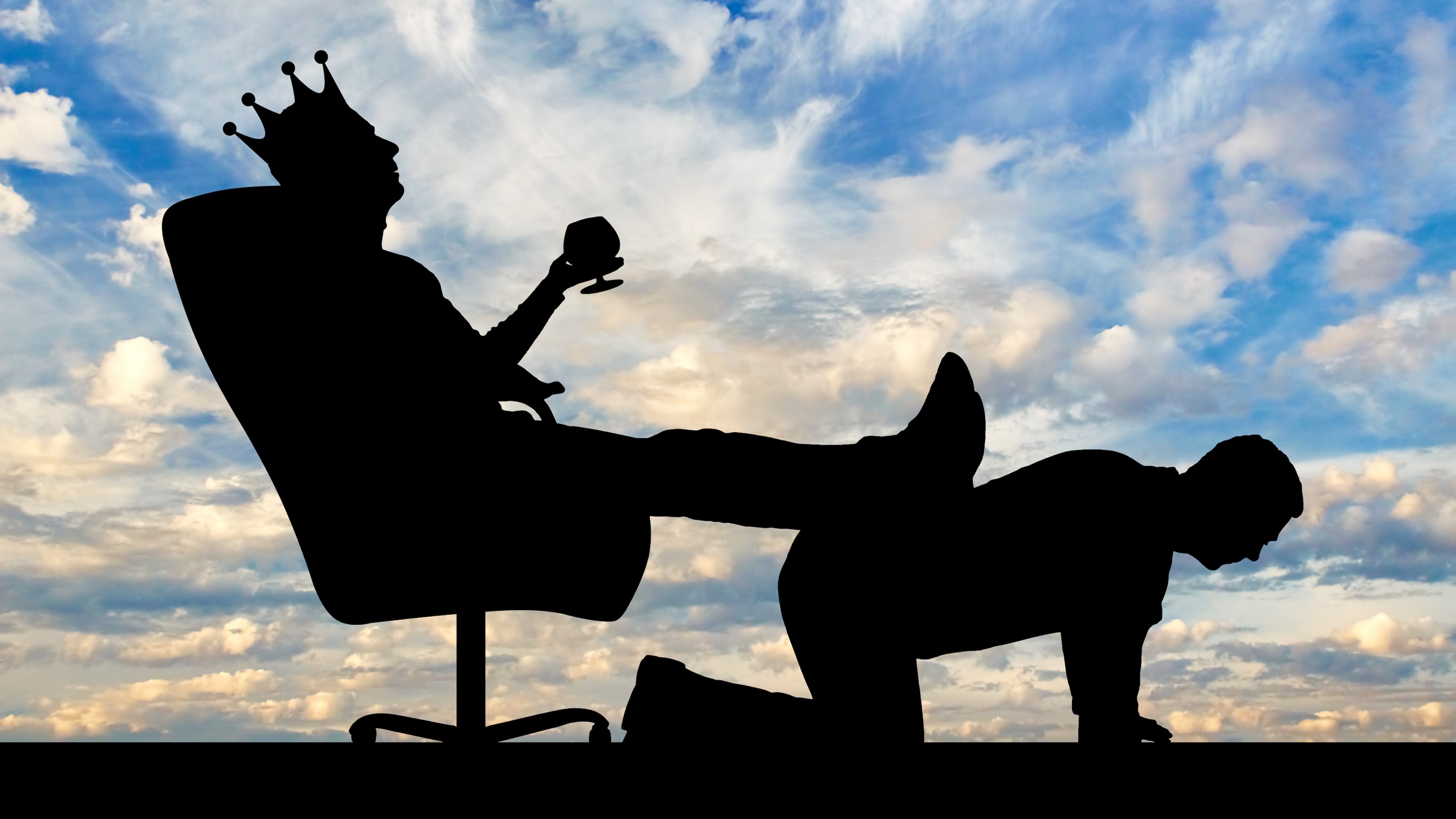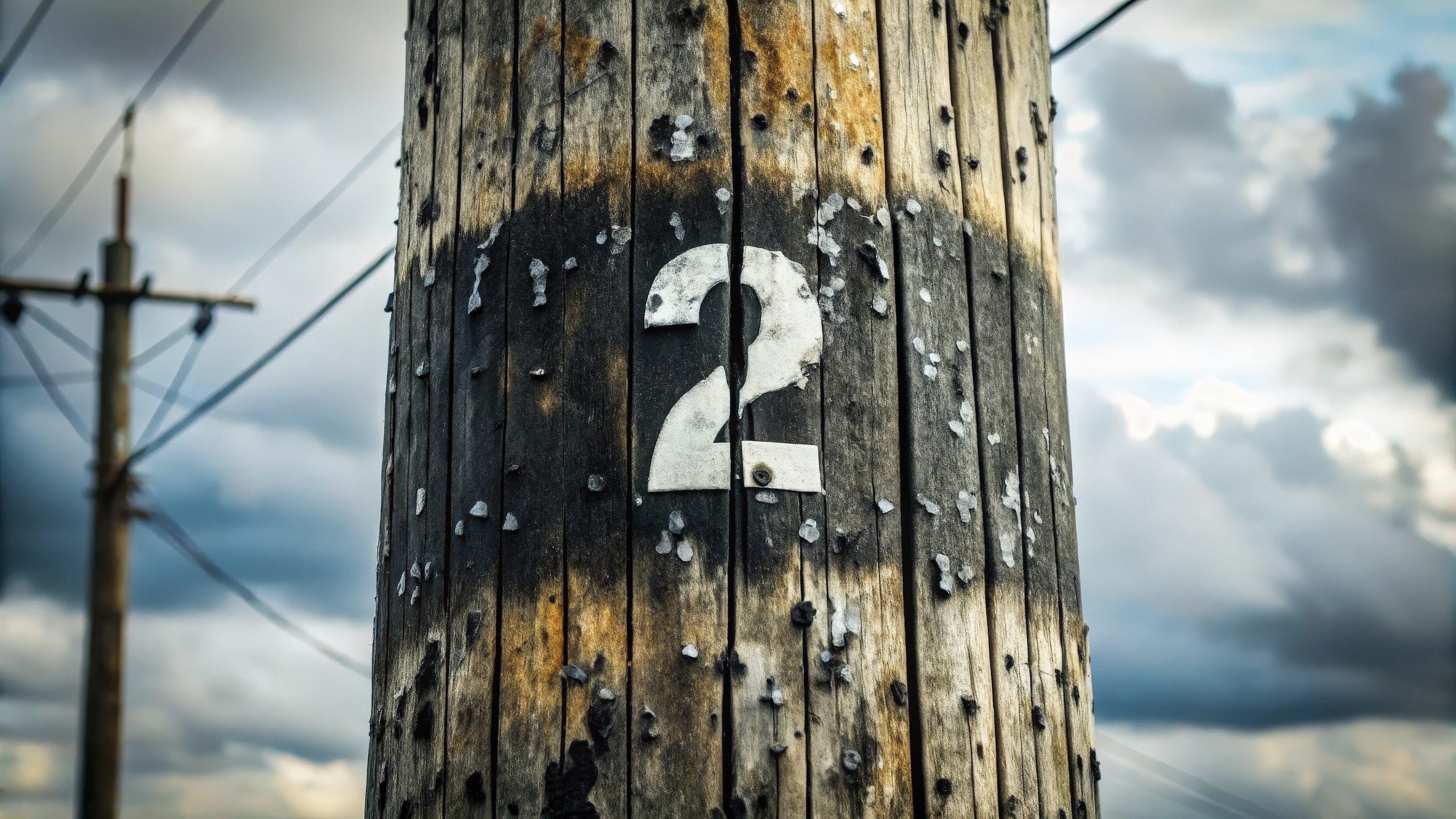Many of our behaviors may not be goal-oriented. Instead, they are based on habit.
For example, what motivates someone to go running at 5 am: a goal, willpower, or habit? It’s probably a mixture of all three, but habit is the most important.
If you want to change your behavior, you must change your habits.
WENDY WOOD: There are some people who believe, some researchers who believe that everything we do is driven by a desire to achieve something. And, in fact, we've had some controversy in the literature, some back and and forth in the science about how likely it is that people ever respond without a goal. How do habits and goals actually interact, and what parts are involved in getting someone to get up in the morning and go running, even when it's dark and miserable and they don't feel like it? Is that a habit, a goal, willpower? How do all of those things interact?
It's probably a little bit of both, all of those things, but it's definitely habit. People act on habits, but still interpret their behavior as if it was goal-directed, as if it was designed to achieve some outcome that occurred after the habit happened. A lot of researchers became convinced that habits aren't important. They don't explain anything that's useful really about human experience, but just recognize that if you are trying to change a behavior that involves repetition, there's gonna be other mechanisms involved.
The best example of that was with anti-smoking campaigns. And this was one time in which the US government took effective steps to help us control unwanted behavior. They taxed cigarettes. They banned smoking in public places.
They removed cues, so you can't find cigarettes on a store shelf anymore. You have to go ask somebody. By changing cues and adding friction, we cut smoking in this country from 50% to where it is now, 15%, by addressing the things that change habits. So we're able to show in research that goals aren't necessary to drive behavior, that they can be confabulated after.
These research findings suggest that there is a separation between these two constructs, but our experience suggests that they're the same. This lure of phenomenology and our belief in the powers of introspection, I think are closely tied. Both of which contribute to this misunderstanding that habits are not important in human behavior. Habits are always there. They're always available, but every once in a while we intervene and do something more thoughtfully. So there's all kinds of different mental models integrating these two systems, and I think that's going to be one of the most interesting questions for the next decade is figuring out how they interact.







